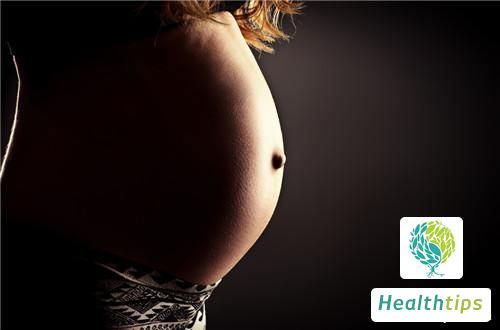Mosquito repellent water has an effect on pregnant women. Mosquito repellent solutions contain ingredients and additives that can easily harm pregnant women's bodies and also affect the health of the fetus. Since pregnant women tend to have weaker immune systems, they should avoid using such products. Instead, pregnant women can use mosquito nets or install screens on windows to keep mosquitoes away. Additionally, maintaining good hygiene and cleanliness can help prevent mosquito breeding.

The impact of mosquito repellent water on pregnant women: Mosquito coils can have negative effects on pregnant women, primarily due to their purpose of repelling mosquitoes. These products contain a significant amount of insecticide and additives, and the gases generated by their combustion can cause harm to pregnant women. This may include respiratory issues such as coughing and asthma. Pregnant women, who already have a weaker immune system, are more vulnerable to the harmful effects of these substances, which can also harm the growth and development of the fetus. Therefore, pregnant women should not use mosquito coils.
How to repel mosquitoes:
1. Maintain hygiene: Avoid standing water and, if raising aquatic plants in the house with children, change the water at least every 5 days. Additionally, mothers should promptly dry their babies' sweat, encourage frequent bathing and changing of clothes, and maintain skin cleanliness.
2. Mosquito nets: Choose suitable mosquito nets and avoid having babies sleep close to them.
3. Electric mosquito coils: Their effectiveness typically lasts for 6 to 8 hours. When using electric mosquito coils, ensure good ventilation. Additionally, alternate between different brands of mosquito coils to prevent mosquitoes from developing resistance.
4. Mosquito repellent spray: Primarily used when going outdoors or to wilderness areas. Babies may accidentally lick or ingest the spray, so it is best to avoid using it on them.




















